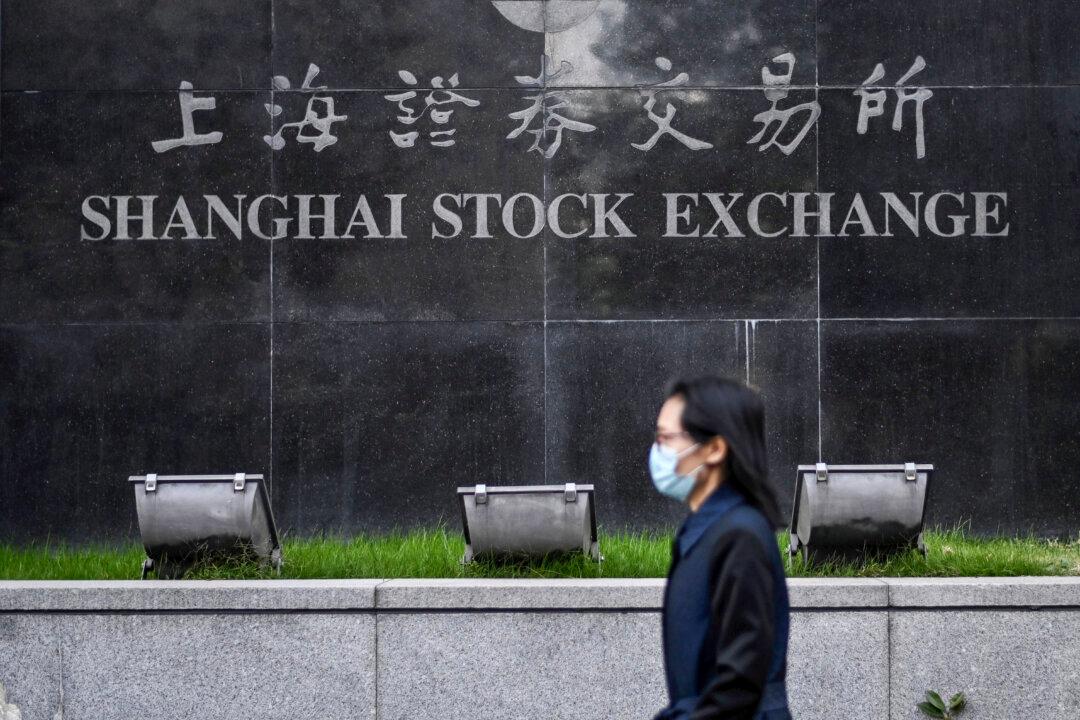Commentary
The latest news from China demonstrates once again how little economic and financial insight the nation’s communist leadership shares.

Commentary
The latest news from China demonstrates once again how little economic and financial insight the nation’s communist leadership shares.